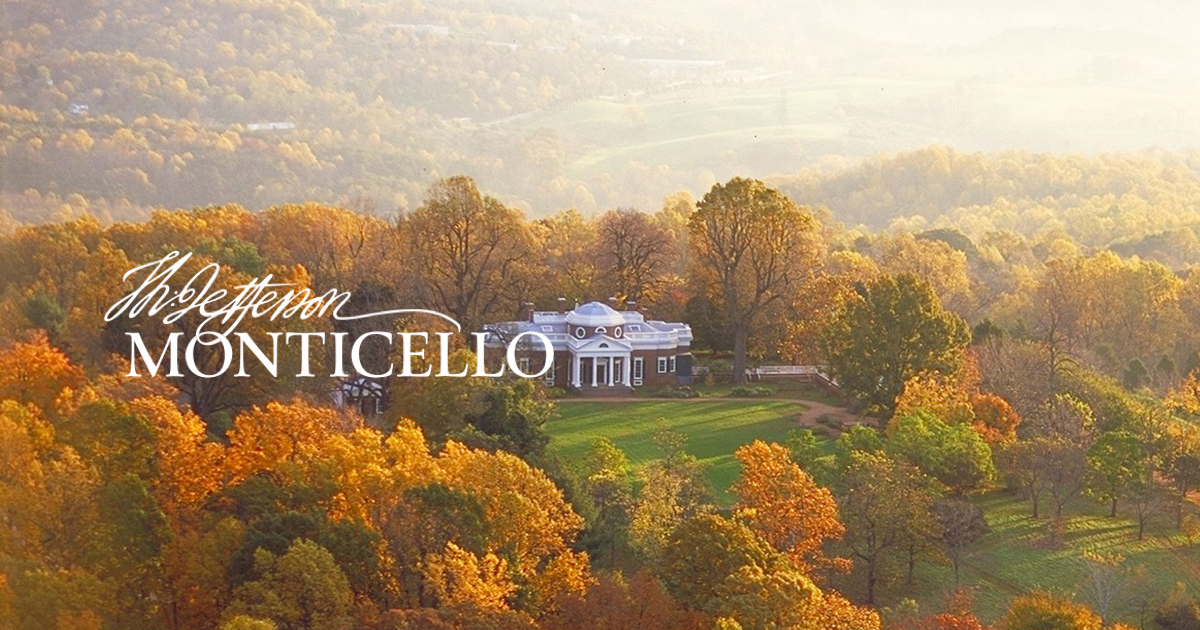The government was very much a reflection of who the founders were, as people. The current government includes many of the things the founders did, that had nothing to do with centuries old philosophers. Yes, they drew upon what they knew to create the government, but then they shaped it with their own personalities.
The Whiskey Rebellion from 1791 until 1794 is when George Washington personally raised 1,500 militia members to put down the rebellion in Pennsylvania. Those militia members were under George Washington's command, as the President and Commander-in-Chief, but they were working on behalf of the Treasury Department because the rebellion was over the newly instituted national tax on alcohol. They became the very first federal law enforcement agency, and today they are known as the Bureau of Alcohol, Tobacco, Firearms, and Explosives, still under the Department of the Treasury, not the Department of Justice.
That is but one example of the influence the personalities of the founders had on the nation, there are many others. Such as Hamilton's influence on the Department of Treasury and the National Bank, which none of those centuries-old philosophers had conceived. Even James Monroe's Signing Statements (which are not mentioned anywhere in the US Constitution) are still being used by Presidents to this day.
The personalities of the founders can be found throughout the government of the US.

founders.archives.gov

